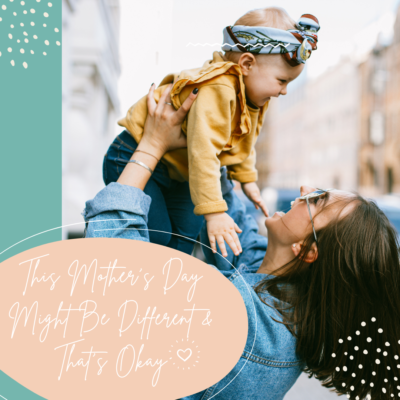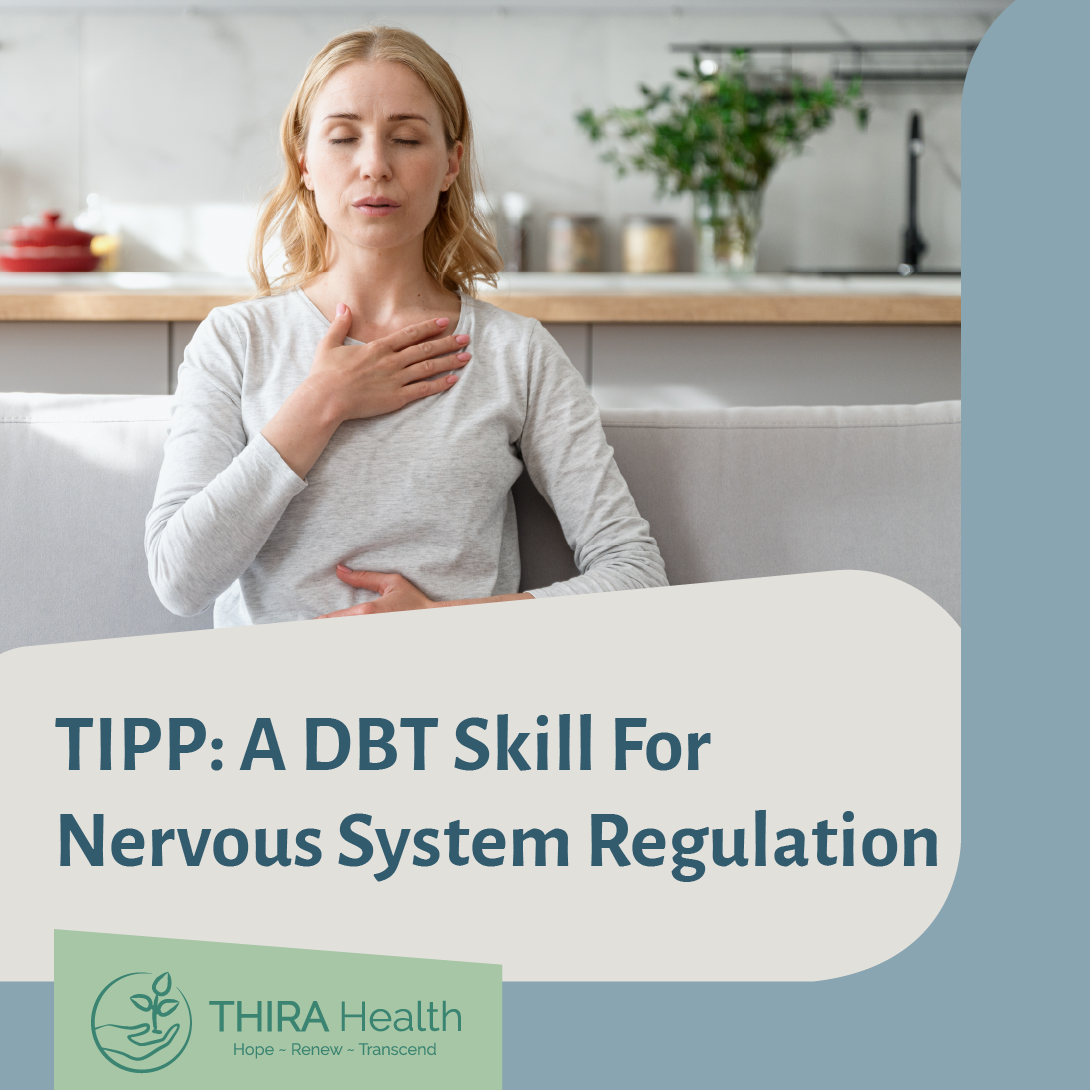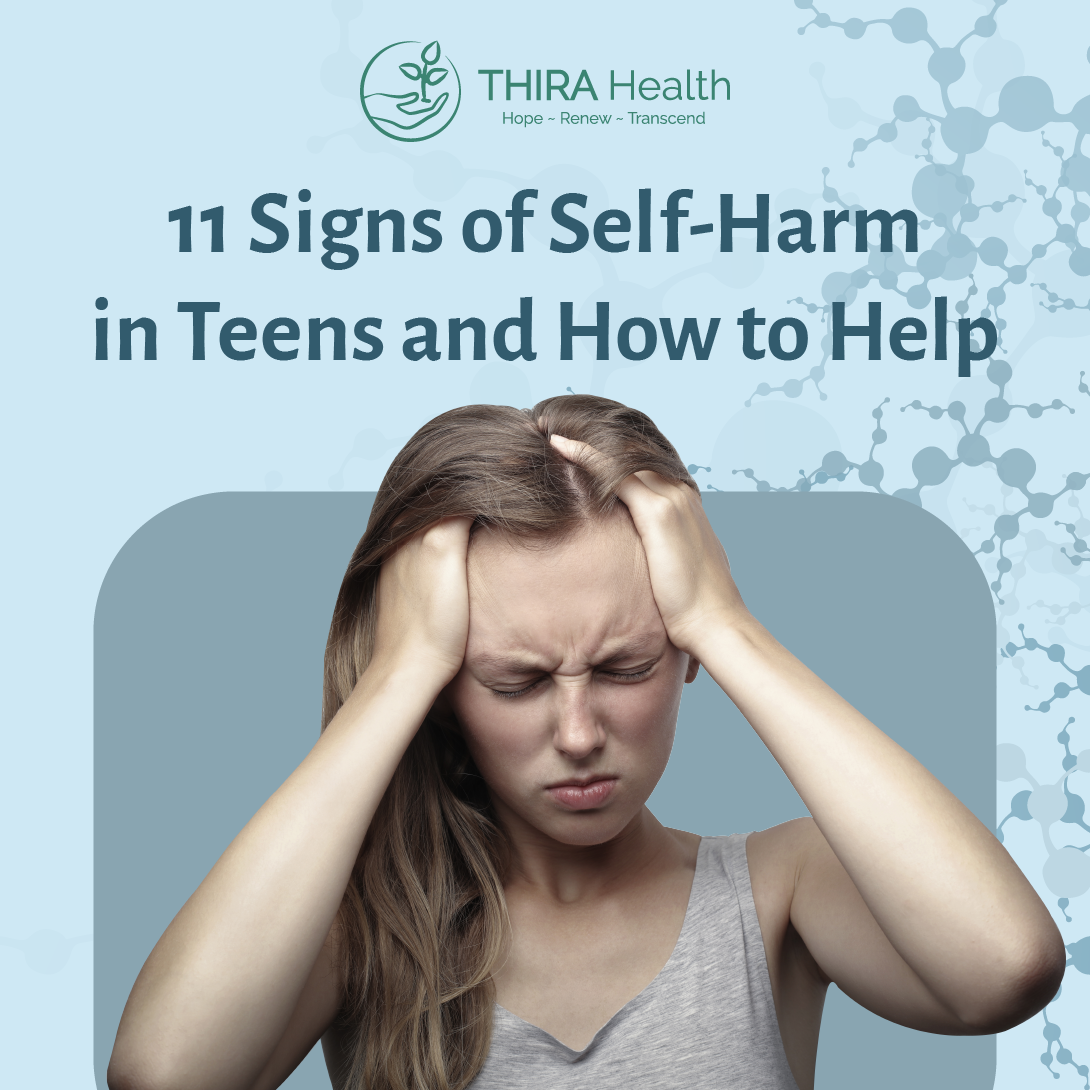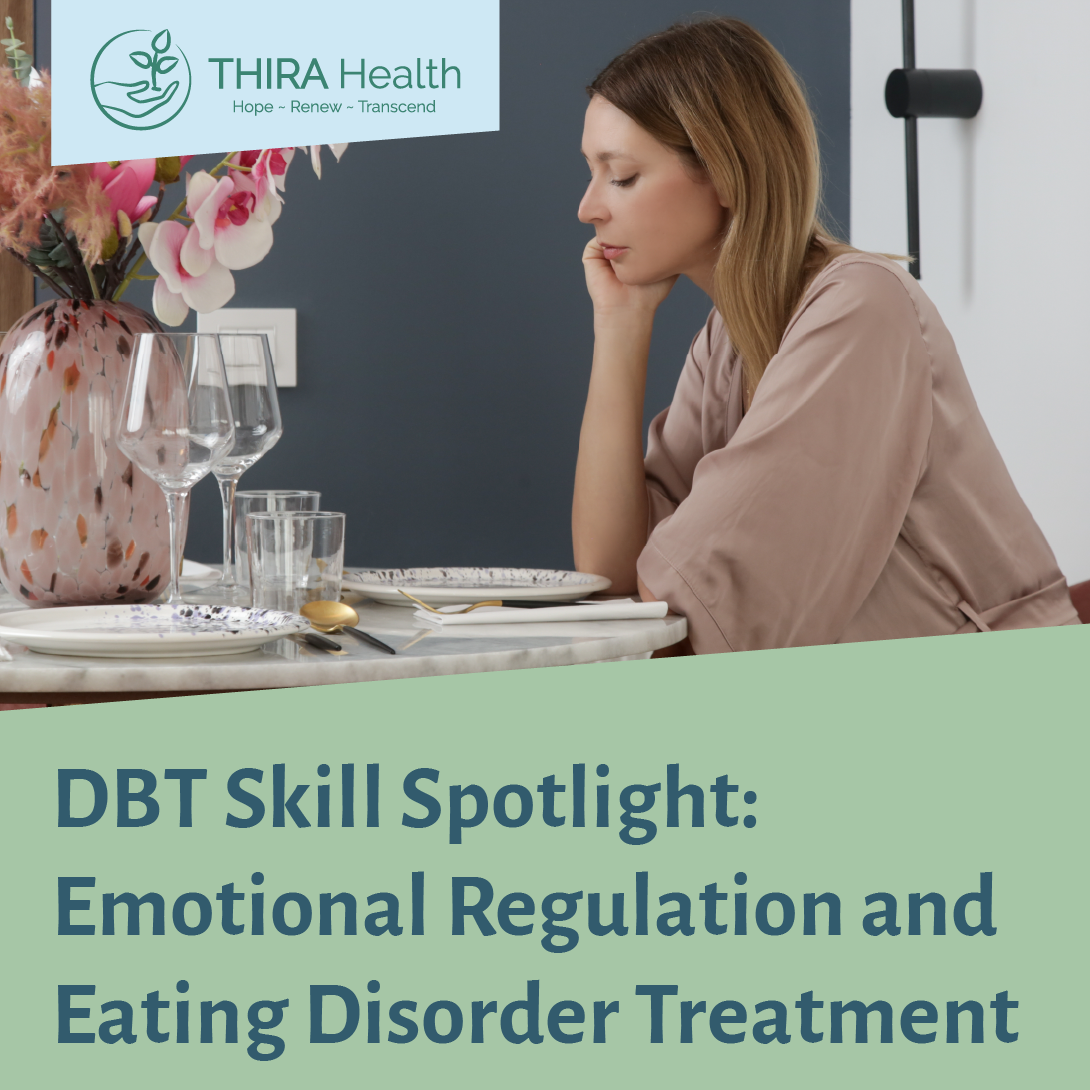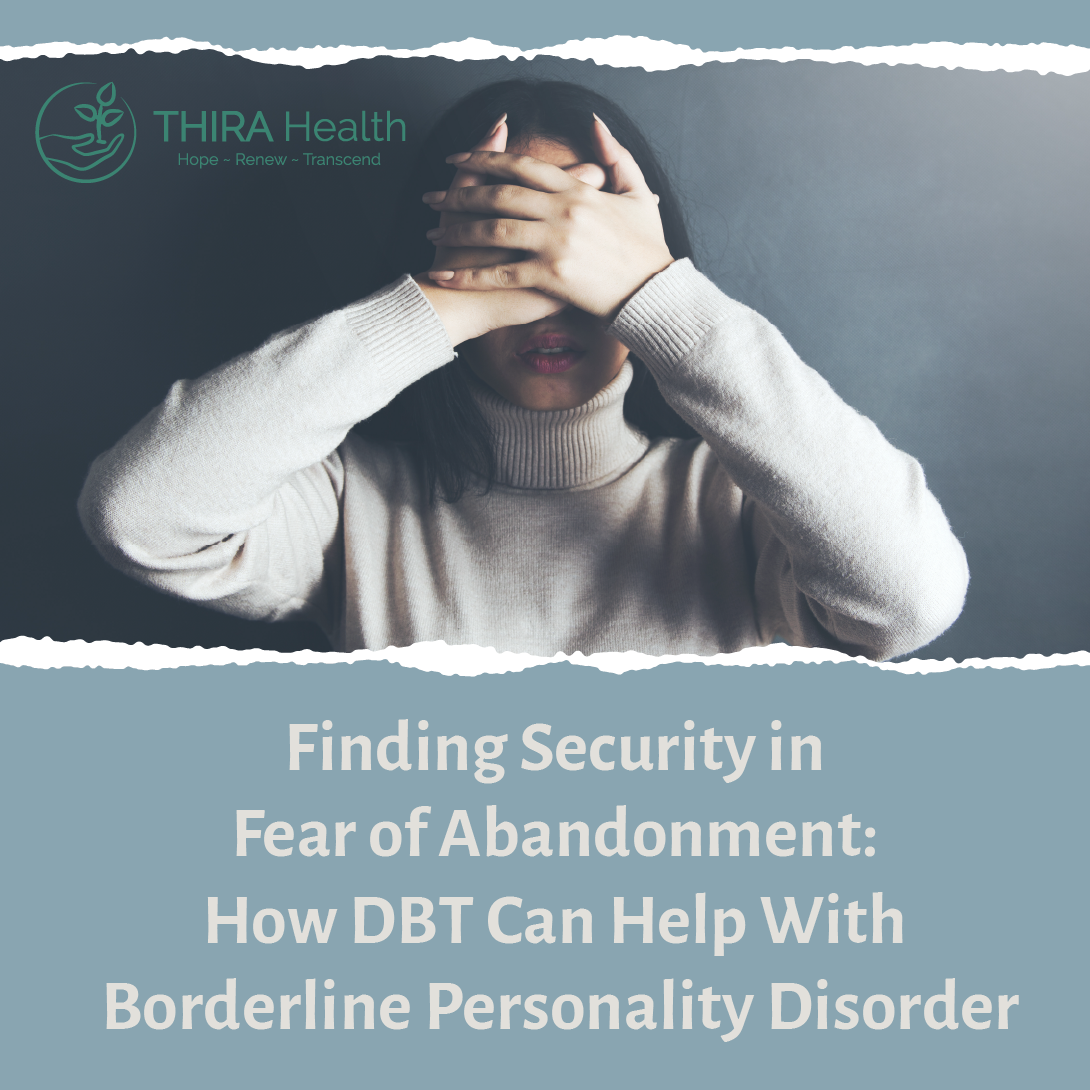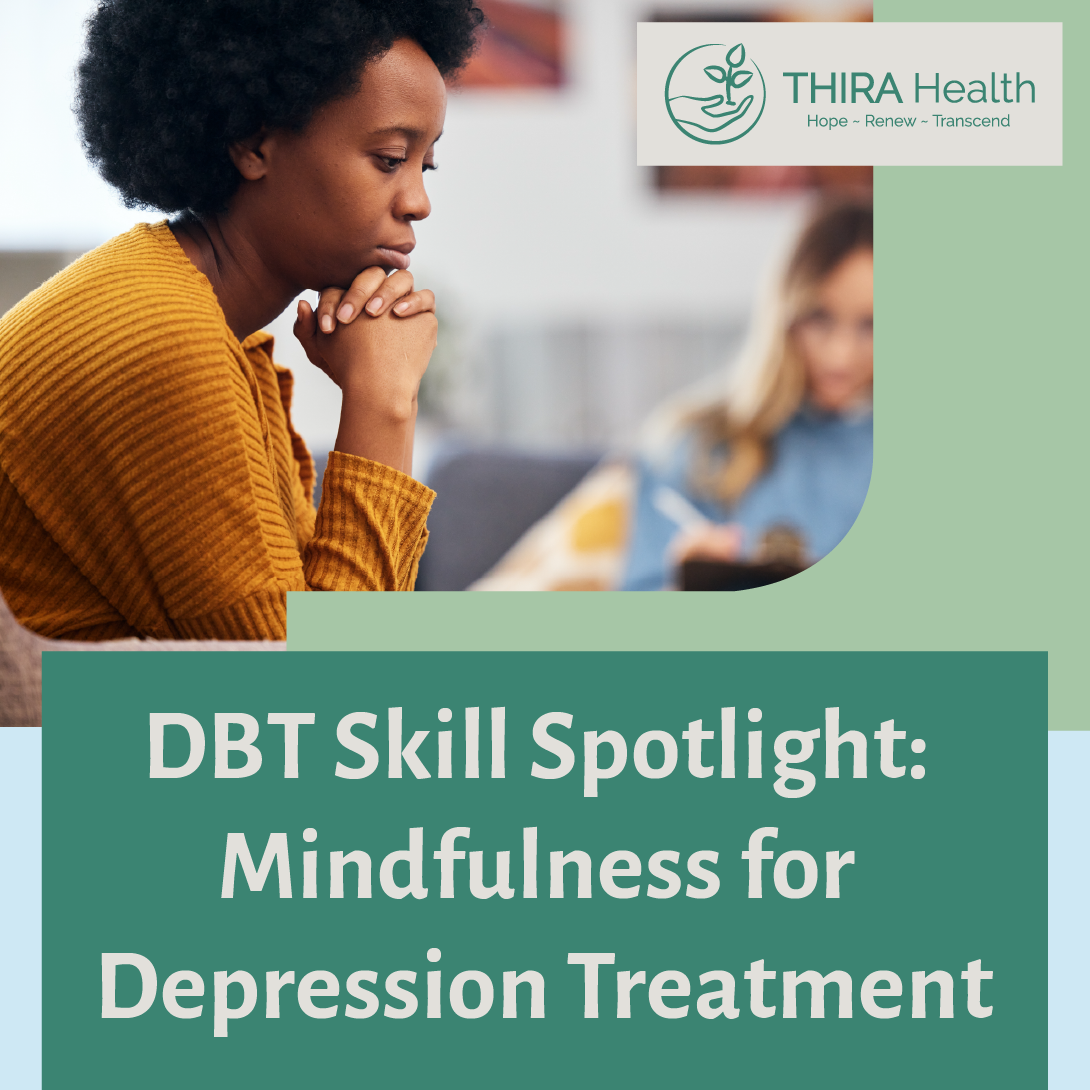None of us need a reminder that last year was arguably one of the hardest for many all around the world. People were challenged in ways that tested their patience, their wallets, and the strength of bonds that holds our families together.
With school-aged children moving to online learning at home and their caregivers shuffling responsibilities between parenting, substitute teaching, and being a reliable employee, many who carried the heavy load of new family reorganizations and responsibilities were mothers.
A great many of these women are also “Sandwich mothers,” who have dual responsibilities caring for their ageing parents as well as their own children, not to mention a full-time job and other commitments. The pressures of the pandemic only worsened an already stressful situation, making it harder to care for parents who may have been living in a separate home while simultaneously managing children who were suddenly forced to remain housebound more or less around the clock. Resolving the inevitable conflicting priorities – help my daughter with her classwork or visit mom to make sure she takes her medications – was made even more difficult by the lockdowns.
As social distancing requirements are gradually being lifted and some calm is returning after the storm, mothers may still be feeling ripples of grief and burn-out from the months of stress and survival. Reflections of the past year remind us that motherhood can be hard, and mothering during a pandemic is harder. This Mother’s Day, whether there is opportunity for getting together in person or virtually with loved ones, we need to acknowledge mothers everywhere and celebrate their triumphs.
“Sometimes the strength of motherhood is greater than natural laws.” – Barbara Kingsolver
How Work Changed for Mothers
Around this time last year, almost 36.5 million people filed for unemployment in the U.S. The Bureau of Labor Statistics claims that more women have lost their jobs than men and account for about 55% of 20.5 million job losses. That is a staggering and sobering number, especially when you consider it occurred in less than a year.
Psychology research shows that what we do for a living is attributed to part of our identity – Being known and recognized for our workplace contributions are key components of self-esteem and a healthy sense of self. Losing a career may come with feelings of grief or sadness, anger, longing, or fantasizing about how life should look differently. Maybe the loss forces you to reconsider work-life balance in the future. Whatever feelings arise, they are valid and more than likely providing you with information about your needs.
As DBT teaches, when you notice you are experiencing an emotion, observe it without judgment. This helps you acknowledge the mental space you are in while also helping you cope with present circumstances.
For those women who left their jobs on their own accord or had a partner to help with dual-income, many were still faced with difficult choices between caring for their children and financial security. Experts agree that children’s mental and physical health are at greater risk when their routines are disrupted, social supports are low, and they are exposed to caregivers’ poor mental health. Yet, two-thirds of working parents had difficulty finding childcare while COVID-19 cases were on the rise. Unsurprisingly, single mothers experienced this economic crisis the hardest. Limited childcare options forced many moms out work, or required a steep reduction in hours, strapping them financially and causing strain on the entire family ecosystem.
Good Enough Mothers are Great Mothers
Many mothers who continued to work during the pandemic had to constantly shift their attention and skillset between the demands of their job and guiding their children through online learning, all while juggling feeding themselves (and their new co-workers) and sneaking in a bathroom break. Continual distractions and multitasking at an ever-changing pace left many mothers feeling exhausted and as if they had failed.
Donald Winnicott, a leading psychologist, introduced the concept of “good enough mothering” to explain that children do not need a perfect mother, but rather, they need a reasonably available mother who will acknowledge and attend to their needs.
A newborn needs a mom’s full participation in keeping them alive and emotionally nurtured. and yet, overtime, a mother also will allow their children to experience frustration and discomfort in a way that the child understands that their mother is a source of safety and comfort who allows them the freedom to confidently explore the world.
Mom guilt is common, but it’s important to keep perspective that what you are doing and how you are showing up is enough, even on days when you wish you could do more. Show yourself grace, remind yourself that social media is often the posed and filtered segments of a highlight reel, and recognize that your concern comes out of love for family and your children. Giving yourself a break, even if you feel guilty about it, may be the best medicine for everyone involved.
Pregnancy in a Pandemic
Women who were pregnant or became mothers during the pandemic can attest that the last year was not what they envisioned for their pregnancy journey. While nausea could be endured in private, baby showers were pushed out or canceled, family support was limited, the joys of growing a belly couldn’t be shared with friends or co-workers, doctor appointments had to be attended alone, and stress around personal health and the health of others took a sharp upward turn. For these moms, last year meant they weren’t able to share many of their most memorable moments with people who mattered to them. That kind of loss hurts, and can leave lasting scars.
There is value in being honest about the accompanying emotions we feel about these losses: grief. While many of us may find this to be a challenging word to wrap our brains around or to claim for ourselves, the truth is in the definition. Grief is defined as, “The response to loss that contains thoughts, behaviors, emotions and physiological changes.” It includes the spectrum of complicated feelings related to uncertainty and loss.
To move through this time with more clarity and more hope, one of the leading pioneers in research on grief, David Kessler says: “If we label it, we can manage it.” Naming our emotions helps us make better sense of our experiences, it helps us ask for what we need, and it helps us feel validated that there is a word for what we are directly experiencing.
Forging A New Way Forward
Women lost a lot during the pandemic, and we are just recently reaching the tail-end of this wave. But mothers who might have been lacking in outside support may have been able to experience uninterrupted time with their children or newborn – time that is as precious as it is fleeting. Mothers may have been present for milestones they might have otherwise missed, and there were opportunities for more personal conversations with their children about how they were coping with life right now. This unexpected dynamic might have provided opportunities to foster closeness and bonding experiences that would ultimately strengthen relationships.
If you would like more information about how our programs help women who live with anxiety and depression, please visit us or contact us today to find out more about our extensive DBT programs.
